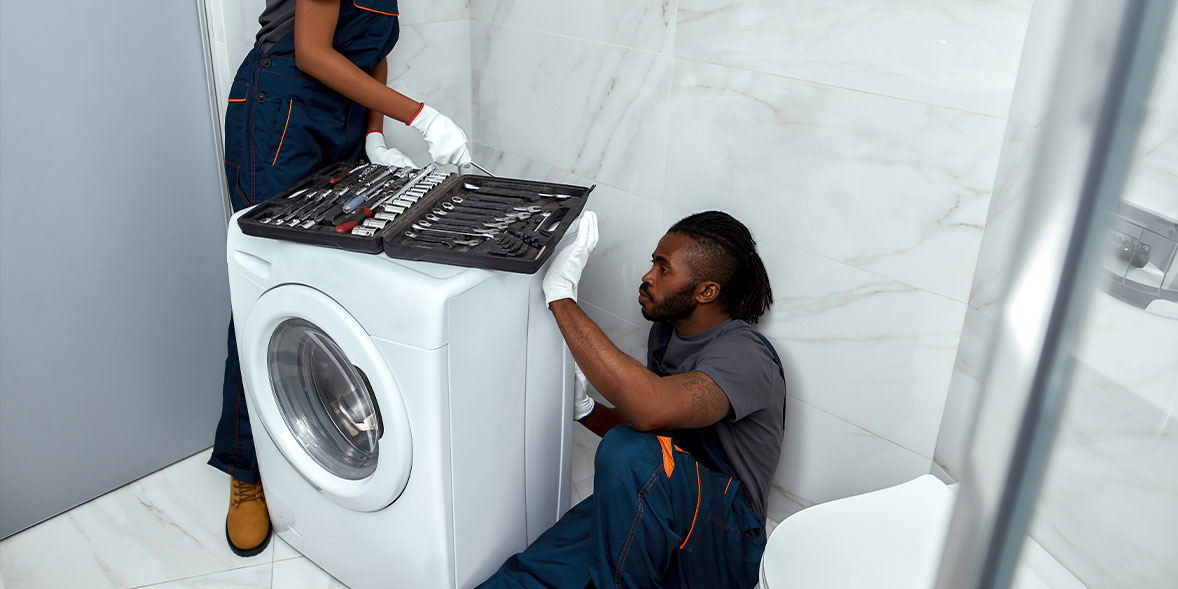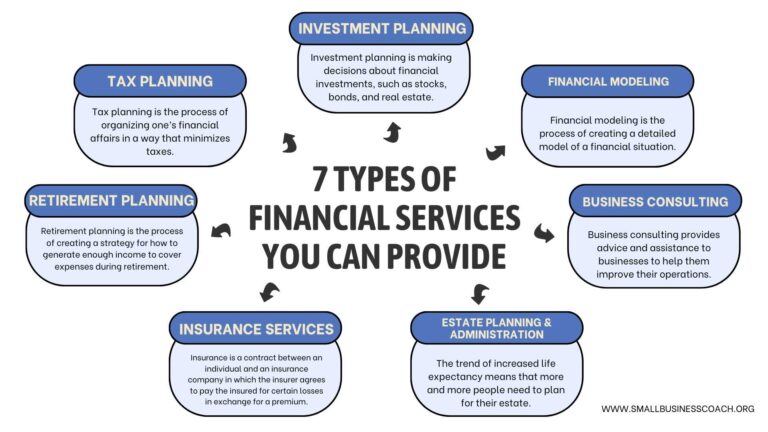When it comes to household appliances, the washing machine is undoubtedly one of the most convenient and time-saving inventions. It’s a modern marvel that has simplified our lives, ensuring that we always have clean and fresh clothes to wear. However, like any other machine, washing machines can encounter issues over time. In this article, we’ll explore the common problems a washing machine can face and provide insights into potential washing machine repair solutions.
1. Washing Machine Doesn’t Start
- Power Supply Check
If your washing machine doesn’t start at all, the first thing to inspect is the power supply. Ensure that it’s plugged in properly and that the outlet is working. Sometimes, the problem might be as simple as a loose plug.
- Door Latch Examination
Modern washing machines come equipped with safety features like door latches. If the door isn’t securely closed, the machine won’t start. Check the latch and make sure it’s functioning correctly.
- Timer Knob Inspection
A faulty timer knob can also prevent your washing machine from starting. If you notice that the timer knob is loose or not turning smoothly, it might be time for a replacement.
2. Excessive Noise During Operation
- Loose Parts
One of the most common causes of excessive noise in a washing machine is loose parts. Over time, vibrations can cause screws and bolts to come undone. Check the machine’s interior for any loose components and tighten them as needed.
- Motor Coupler Examination
The motor coupler is a critical component that connects the motor to the transmission. If it’s damaged or worn out, it can result in loud noises during operation. Inspect the motor coupler and replace it if necessary.
- Foreign Objects in the Drum
Sometimes, small objects like coins, buttons, or debris can get trapped in the drum’s holes, causing noise as the drum rotates. Be sure to check the drum for any foreign objects and remove them.
3. Leaking Water
- Hose Inspection
Leaking water can be a messy and frustrating problem. Start by examining the hoses connected to your washing machine. If you find any cracks, holes, or loose connections, replace or repair them immediately.
- Door Seal Check
The door seal, also known as the gasket, can develop tears or wear out over time. Inspect it for any visible damage and replace it if needed to prevent water leakage.
- Water Inlet Valve Examination
A malfunctioning water inlet valve can lead to water leaks. Check the valve for any signs of damage or blockages. If it’s faulty, consider replacing it for a more efficient washing machine.
4. Poor Drainage
- Drain Filter Cleaning
A clogged drain filter can impede proper drainage. Locate the drain filter in your washing machine and clean it regularly to prevent water from pooling inside the drum.
- Drain Pump Inspection
The drain pump plays a vital role in expelling water from the machine. Inspect it for any obstructions or damage, and replace it if necessary to ensure effective drainage.
- Drainage Hose Check
Examine the drainage hose for kinks, clogs, or damage. A blocked drainage hose can hinder the flow of water out of the machine, leading to poor drainage.
Conclusion
A malfunctioning washing machine can disrupt your daily routine, but with a bit of troubleshooting and some basic washing machine repair skills, you can often resolve common issues on your own. However, if you’re unsure about any aspect of the repair process or if the problem persists, it’s advisable to seek professional assistance.
Remember that regular maintenance and care can extend the lifespan of your washing machine and prevent many of these issues from occurring in the first place. So, keep your trusty appliance in top-notch condition, and it will continue to serve you well for years to come.
FAQs
Q1: Can I repair a washing machine myself?
While some minor issues can be fixed by DIY enthusiasts, it’s essential to prioritize safety. If you’re not confident in your repair skills, it’s best to consult a professional technician.
Q2: How often should I clean the drain filter?
Cleaning the drain filter every three to six months is a good practice to ensure smooth drainage and prevent clogs.
Q3: Why is my washing machine making a grinding noise?
A grinding noise may indicate an issue with the motor coupler or a foreign object stuck in the drum. Check both and address the problem accordingly.
Q4: Can I use generic replacement parts for my washing machine?
It’s recommended to use manufacturer-approved replacement parts to ensure compatibility and optimal performance.
Q5: Is it worth repairing an older washing machine, or should I invest in a new one?
The decision to repair or replace depends on the extent of the issue and the age of the machine. A professional technician can provide guidance based on the specific situation.






















